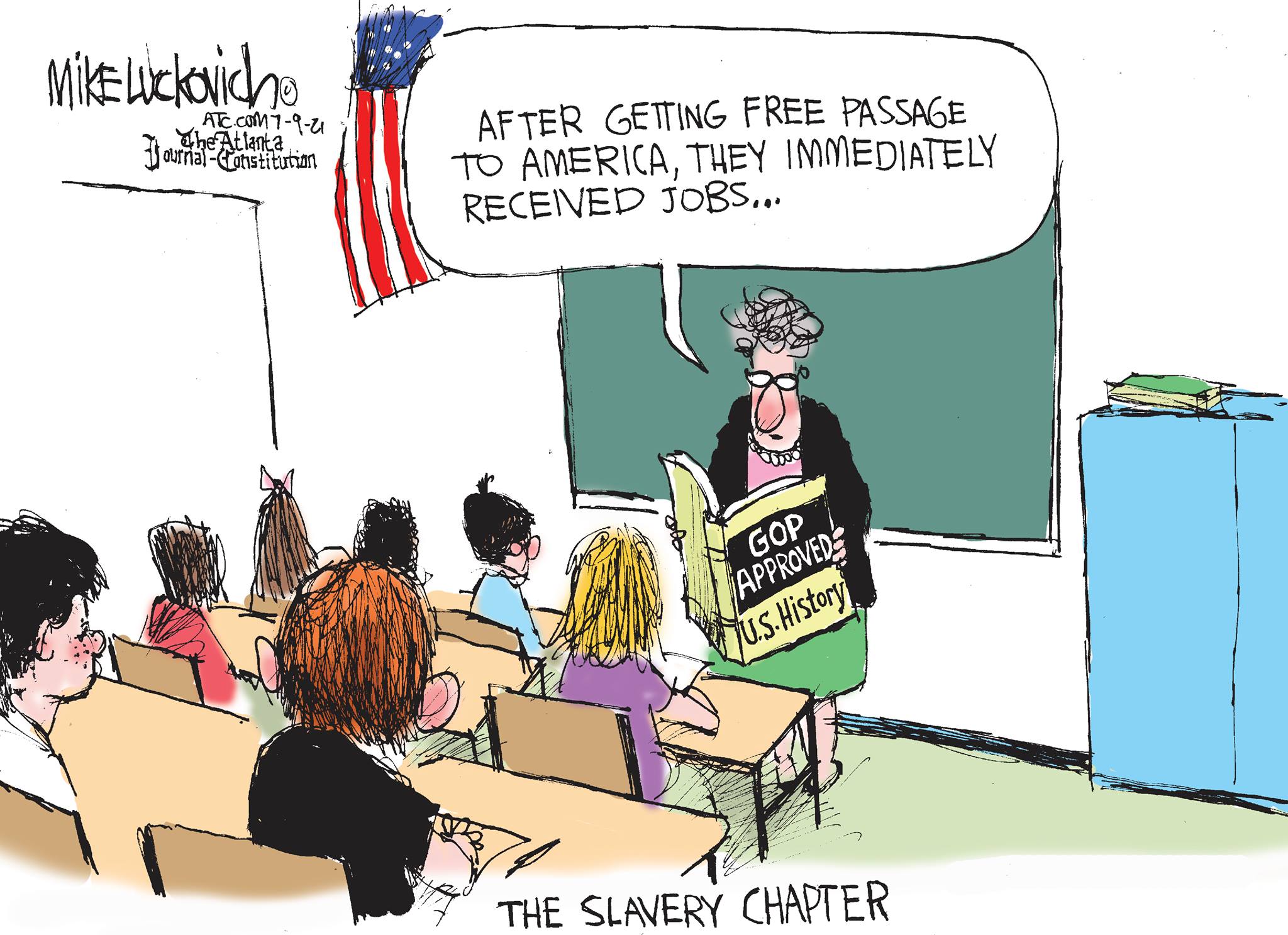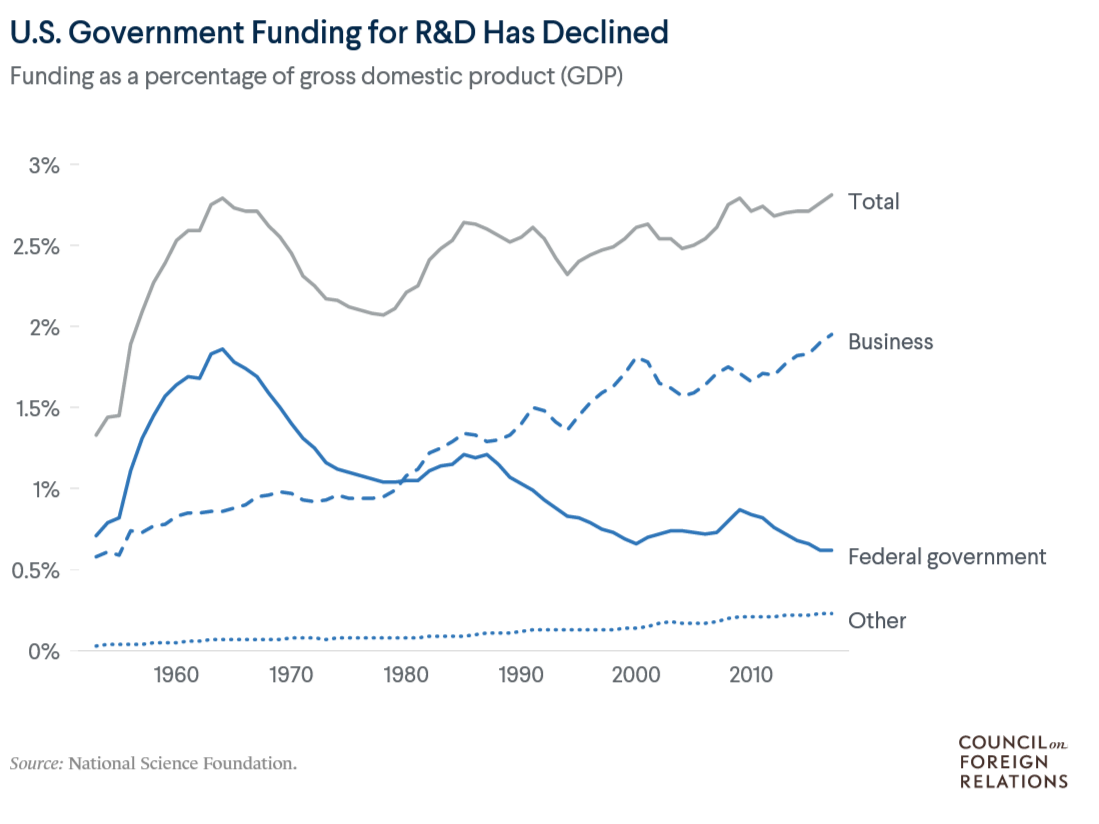The Daily Escape:

Big Balanced Rock, Chiricahua National Monument, AZ – photo by Arnaud Barré
From the WaPo:
“For the first time in the history of the country’s census-taking, the number of White people in the United States is widely expected to show a decline when the first racial breakdowns from the 2020 Census are reported this week.”
The headline news includes these facts: For the first time, the portion of White people could dip below 60%, and the under-18 population is likely to be majority non-White. In 26 states, the number of Whites has declined. Up to six states and DC could have majorities of people of color.
In case anyone was wondering what was motivating all the Republican voting restrictions, this is it.
The actual data will be released later today. So there’s at least some chance that the WaPo and Wrongo are well, wrong about the census results. That’s unlikely, since the numbers have been moving in this direction for years. More from the WaPo:
“Estimates from 2016 to 2020 show that all of the country’s population growth during that period came from increases in people of color. The largest and most steady gains were among Hispanics, who have doubled their population share over the past three decades to almost 20% and who are believed to account for half of the nation’s growth since 2010. They are expected to drive about half the growth in more than a dozen states, including Texas, Florida, Arizona, New Mexico and Nevada.”
The WaPo quotes William Frey, a demographer at the Brookings Institution: (brackets by Wrongo)
“The trend is projected to continue, with Whites falling below 50% nationally around 2045…[and] at that point, there will be no racial majority in the country. Between 2015 and 2060, the Hispanic and Asian populations are expected to approximately double in size, and the multiracial population could triple due to both immigration and births.”
America is heading into uncharted territory. Our older generations will be much Whiter than younger ones. Racial minorities will drive the growth in the US labor force as White Boomers retire. Frey calls what’s about to happen a “cultural generation gap”.
This could mean that both groups may compete for resources. For example, public spending on services for seniors versus spending on schools or job training.
The new data are also expected to reflect continuing ethnic diversification of the suburbs. Now, more minorities live in suburbs than live in cities. Frey says that the vast majority of the nation’s more than 3,000 counties and its more than 350 metropolitan areas became less White in the past decade.
All of this has tremendous implications for social cohesion. Cities and states that want to sustain economic growth will need strategies to attract minorities. That’s already happened in places such as Kansas, the Philadelphia metro area, Miami-Dade County, and Prince George’s County, MD.
How predominantly White boards of directors manage predominantly diverse management teams and workers could be a big challenge.
The data release comes amid concerns over its accuracy. The 2020 count had huge problems, including the Trump administration’s attempts to add a citizenship question and block undocumented immigrants from being counted. On top of that, the pandemic caused major delays for the survey.
This release also provides the first look at whether last year’s count missed significant numbers of minorities. Arizona, along with Texas and Florida, each fell short of expectations with smaller gains in Congressional seats than projected.
The big event is that release of the Census data kicks off this decade’s Congressional seat redistricting. The clock is now ticking for states to draw new Congressional maps. The fact that the data are already late creates a scramble among most states to finish their maps before primaries begin next year.
In addition to questions about data accuracy, get ready for a new round of “white replacement” tirades from the Right. Expect to see a revival of the debate over whether the undocumented should be counted in the Census. Expect a fresh wave of Right-Wing anger directed against America’s minority populations.
Our ugly politics will probably get uglier, at least for a while.
It’s ironic that Republicans are both completely resistant to more support for families, although they complain loudly about the declining share of the White population.
It isn’t only people of color who need better policies – like more parental leave; control of healthcare costs; housing affordability; and better and cheaper childcare. It’s also those Millennials and GenZ’ers who are of child-bearing age who can’t afford kids.
Protecting voting for all Americans is the most important priority for Congress. Particularly now, as it seems clear that Republicans are trying to bail on democracy.
Why? Because it’s hard to promote White supremacy to non-white people.
















